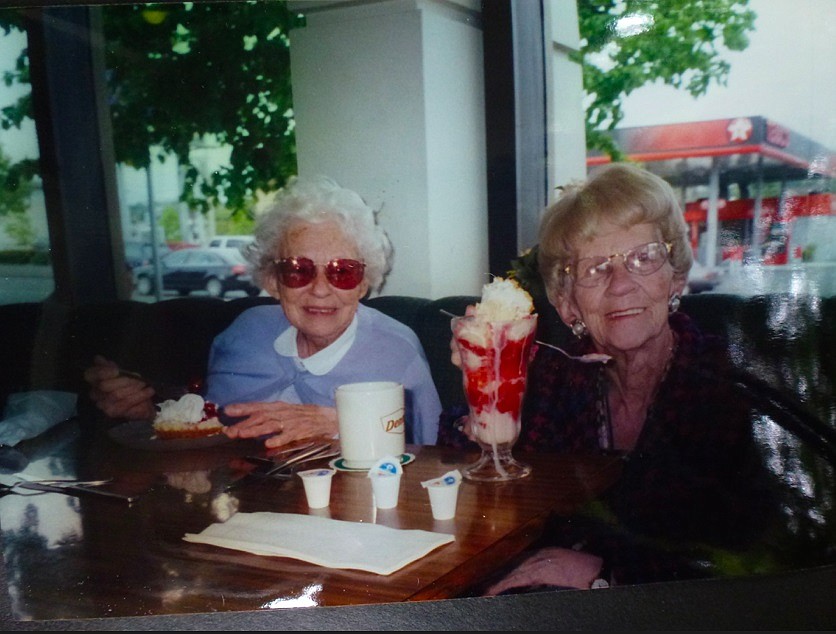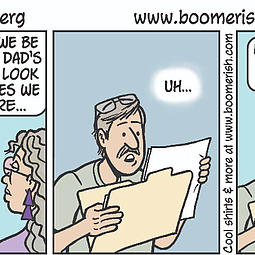Meet People Through Your Hearing Loss
April 30, 2015 at 11:59 p.m.
When your hearing begins to fade, you might withdraw from social situations. After all, when you can’t discern what’s going on at the dinner table or in a conversation group, it’s easy to paste on an enigmatic Mona Lisa smile, retreat into your own world and pretend you are enjoying the atmosphere. Asking others to repeat and admitting you have trouble hearing can be difficult and embarrassing.
It takes courage and determination to face up to your hearing loss, to tell others about it and then to force that loss to enrich your social life instead of depriving you of it. Violet, my mother-in-law, was a model of how this could be accomplished. She suffered a moderate-to-severe loss when she was in her 40s, in a period when the only hearing aids available were much less accurate than the hi-tech digital ones on the market today.
Violet made peace with her hearing loss, and then she used that loss to help her make new friends. She was a prim, proper lady of the Old School, the kind who always wore dresses (I never saw her in slacks), heels, gloves and a hat when going downtown. She loved to socialize and refused to allow her hearing loss to crimp her lifestyle. If she couldn’t understand her tablemate, she would lean over with a conspiratorial smile and confess, “My poor ears just can’t hear you. Could you please look directly at me when you speak?” Her charm overcame surprise, often leading to a more intimate conversation than might otherwise have occurred.
Later in life, when she acquired aids with a hand-held remote control to direct their microphones, she showed-off her new device to anyone interested. This included grocery store clerks, bank tellers and people she met while walking her dog. In the process she made several new friends. Some were techies who knew lots about computers, but not hearing aids.
At first it was difficult for me to say, “I’m hard of hearing.” But I was fortunate to have Violet as an example of the importance of being up-front about my hearing loss. For me, business phone calls were the easiest place to start telling others of my impaired hearing. I would give my name and then immediately say, “I’m hard of hearing; if I ask you to repeat, that’s why. If you speak slowly and clearly, it’s easier for me to understand.” It is important for the other person to realize that shouting will not help. I still introduce myself on the phone this way every time I call a new contact. Did you know that business phone operators can often crank up the volume on their end, making the conversation more intelligible? But they won’t do this unless they know you need help.
One surprising result of being open about my hearing loss, of mentioning it early in conversations, is the large number of “hidden hearing loss” people I meet. This is true both over-the-phone and in-person. In face-to-face meetings, people wearing tiny in-the-ear-canal hearing aids – designed to be invisible – have whispered to me “Oh, I have a hearing loss, too!” When I’m open about my loss, their story tumbles out. A person who does not struggle with a loss themselves may worry aloud about a friend or relative who has trouble.
Don’t let a hearing loss limit your social life. Be proactive. If you can’t hear someone, tell that person you have a hearing loss; reboot the conversation.
Why not share your story? Your hearing loss may find you a new friend.
Joyce Lindsey O’Keefe is a hard-of-hearing freelance writer. She lives part-time in the Puget Sound region and part-time in southern Nevada. She has published award-winning articles on hearing loss.





